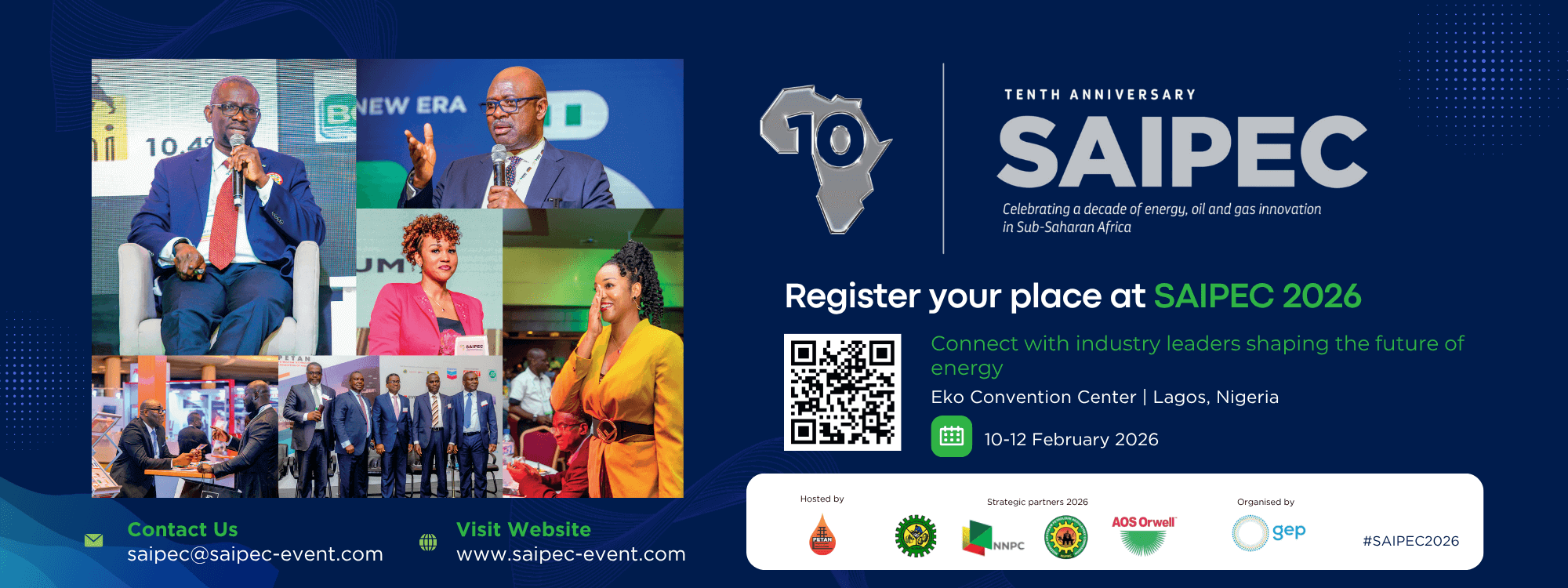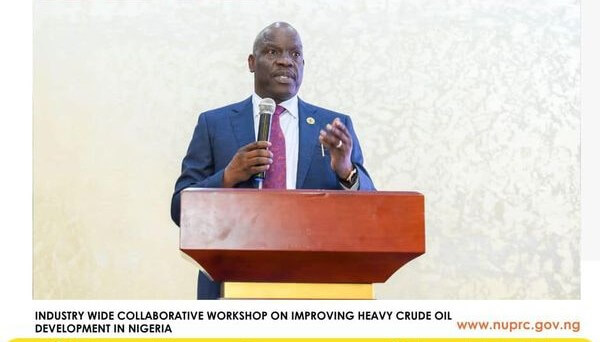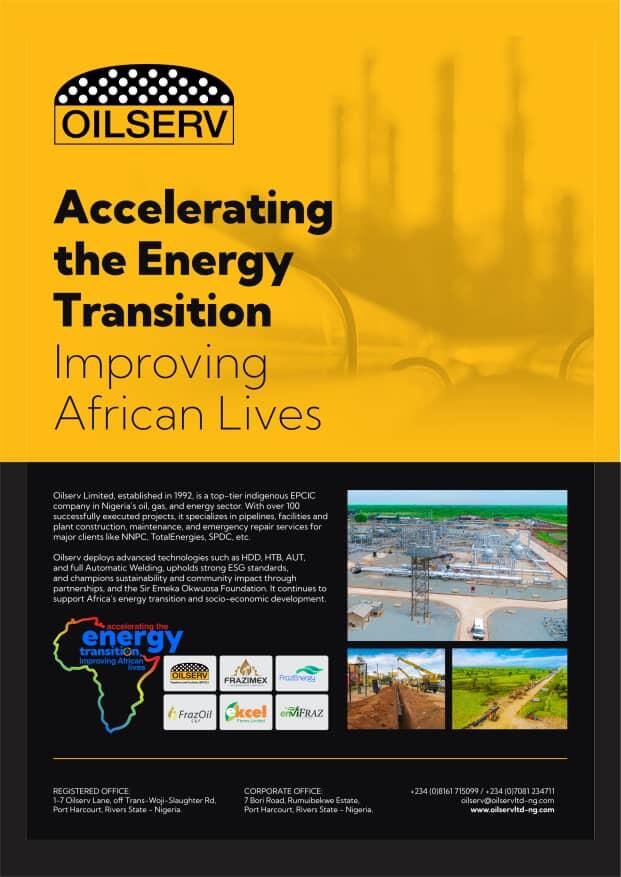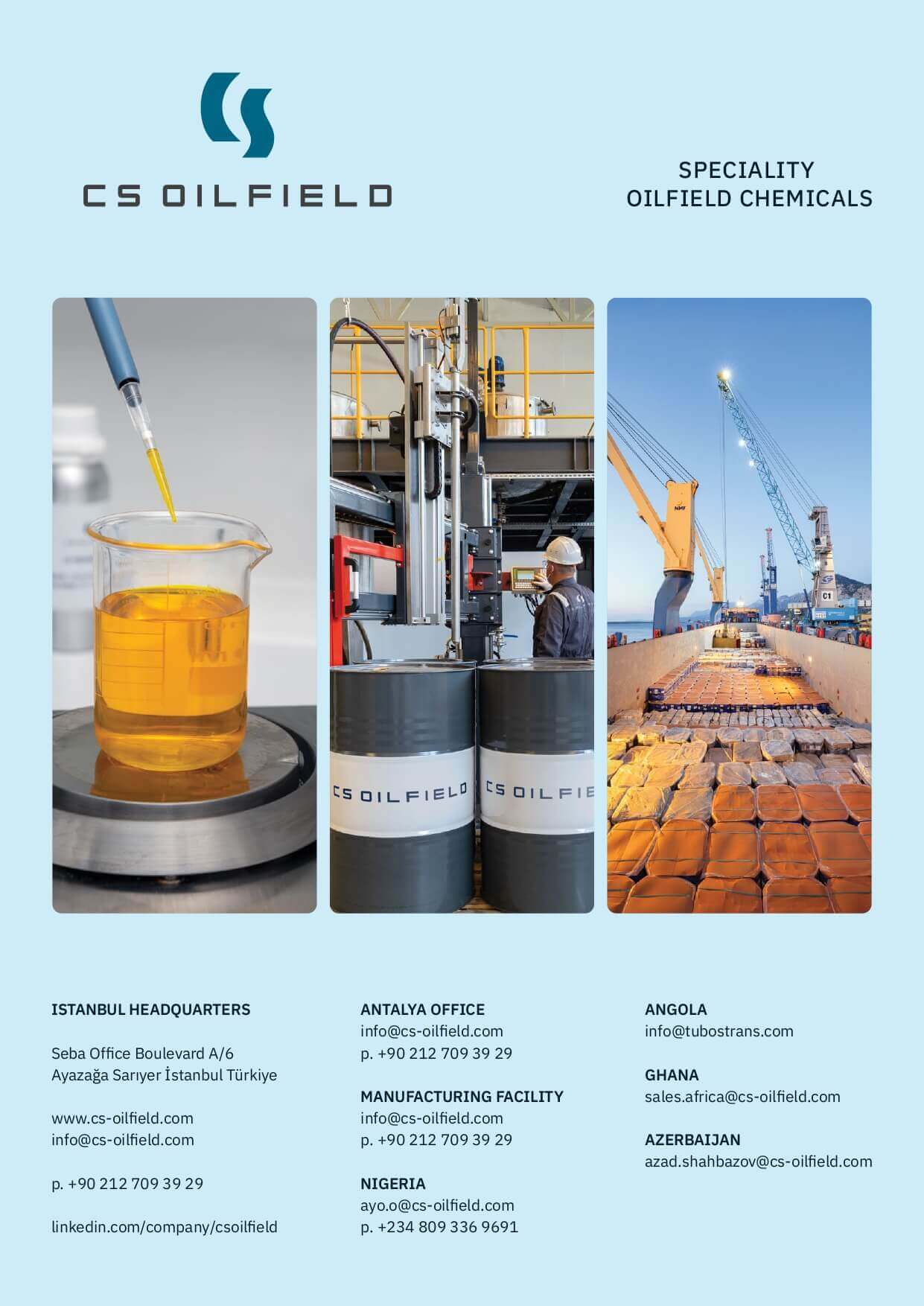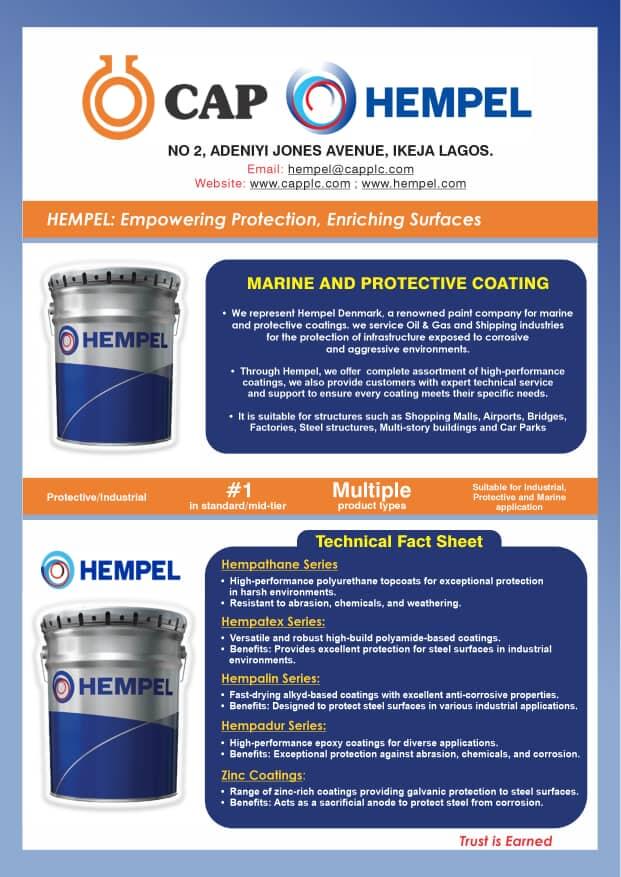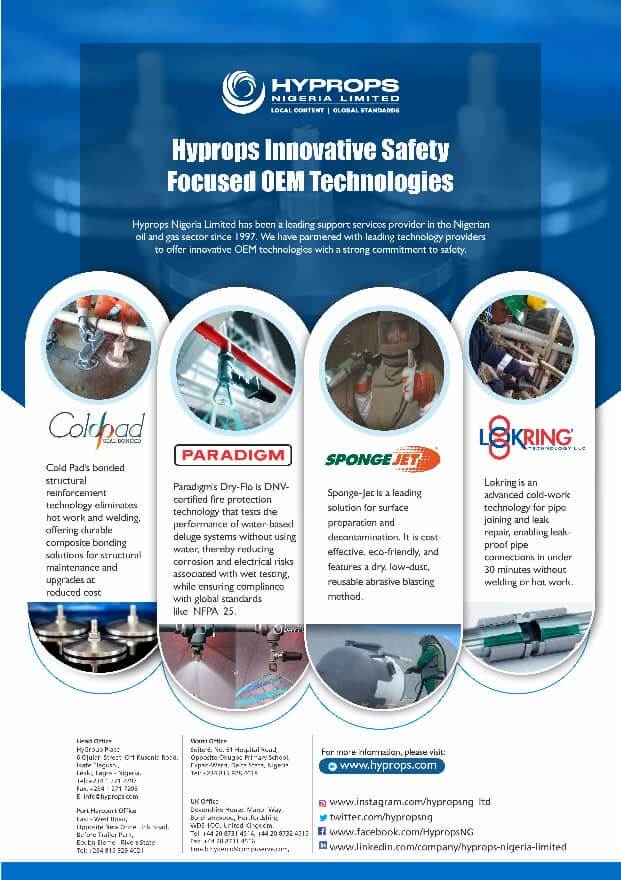In its continued efforts to increase crude oil production, The Nigerian Upstream Petroleum Regulatory Commission (NUPRC) hosted an industry-wide collaborative workshop with IOCs and key industry players. The two-day workshop commenced with a discussion on improving heavy crude oil development in Nigeria. In his opening remarks, The Commission Chief Executive of NUPRC, Engr Gbenga Komolafe stated that the aim of the workshop was to respond to critical questions on how to unlock the full potential of Nigeria’s hydrocarbon resources and ramp up daily crude oil production.
The CCE stated that the workshop was a critical platform for fostering collaboration and driving progress in the Nigerian Upstream Oil and Gas Sector. “The Upstream industry, the bedrock of our oil and gas sector faces numerous challenges including aging infrastructure, declining production and the ever present need to adapt to evolving global energy demands. These challenges demand a paradigm shift from traditional siloed approaches towards a collaborative approach that leverages the strength of all stakeholders’ he stated.
Komolafe emphasized that the Commission is committed to collaboration, as it is a key to unlocking the full potential of the nation’s oil fields. “By working together, oil field owners, service providers and the regulator can optimize resource utilization, enhance operational efficiency, accelerate technological adoption and improve regulatory compliance” the CCE added.
He then urged all service providers to play their role in ensuring sustainable value creation of Nigeria’s petroleum resources. “As stakeholders, oil field owners must provide clear and consistent project objectives, facilitate open communication and data sharing, and champion innovation and technological advancement. Service providers must be ready to provide innovative solutions, offer technological expertise and support to oil field owners while also collaborating with them and the regulators” he reiterated.
Engr Komolafe stated that heavy crude oil which is often characterized by its high density and viscosity presents a significant opportunity for Nigeria’s energy sector. “Available records reveal that as of January 1st 2024, Nigeria’s heavy crude reserve stood at about 1.67 billion barrels.” He stressed that only 5% of heavy crude oil is developed and as a result, there is a need to improve value delivery from this segment which will ultimately lead to energy security, job creation and economic growth.
He concluded by saying that despite the challenges of heavy crude oil development, with the right strategies, Nigeria’s heavy crude resources can be effectively developed. He emphasized the need for collaboration between the government, industry players and academic institutions for the successful development of heavy crude. Speaking also at the event was the Executive Commissioner Development and Production, Engr Enorense Amadasu. The EC stated that the workshop was designed to delve into the intricacies of heavy crude oil production in Nigeria by analyzing the successes, challenges and strategies implemented by some IOCs.
Representatives of Oriental Energy Resource limited, SEPLAT Energy and NEPL/Shoreline/Heritage Limited took to the floor to share the experiences, success and challenges faced with the development and production of heavy oil crude. Challenges include low offtake rate, gas deficiency and high-water production. A representative of SPDC was also present to speak on the deployment of Enhanced Oil Recovery (EOR) techniques in Nigeria while Schlumberger was present to discuss the technological innovations in the development of heavy crude.
At the end of the interactive deliberation, it was agreed upon by all parties present that oil and gas will continue to contribute significantly to the global energy mix and heavy oil crude production and development must be prioritized.





